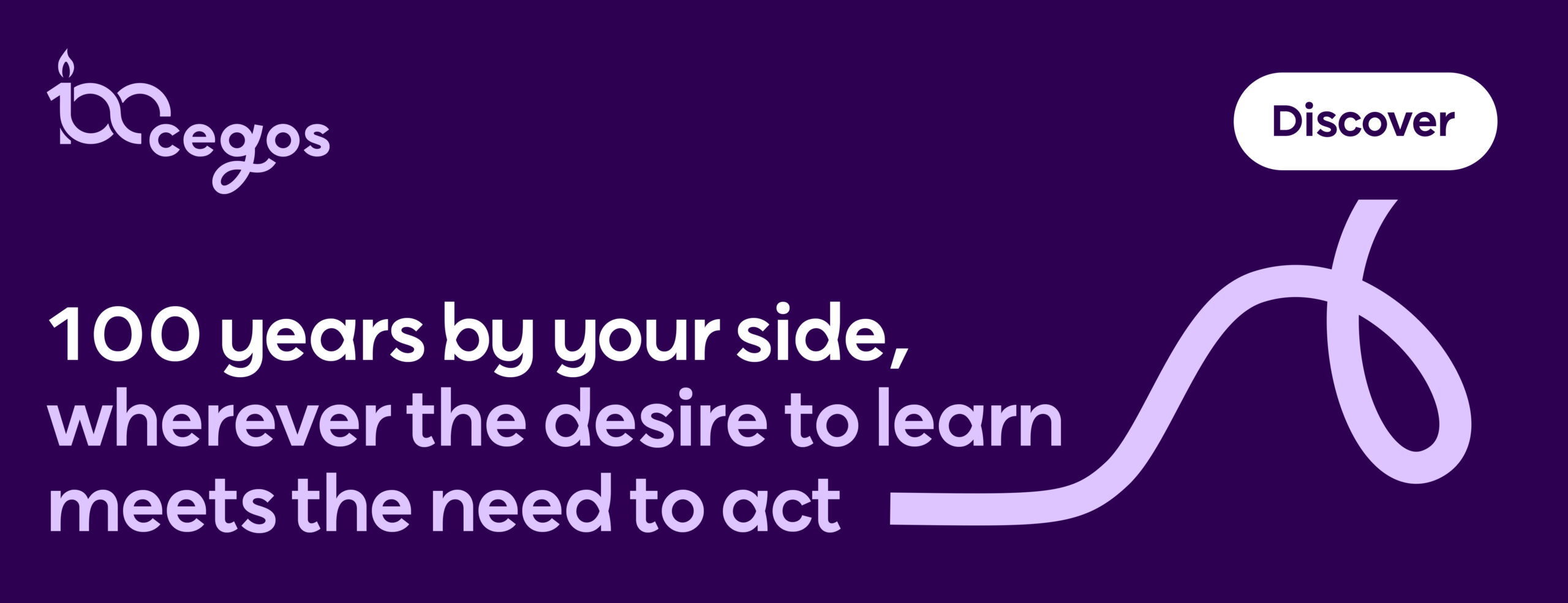
Adapt or perish. Together with versatility, ability to learn continuously is one of the most highly valued skills in companies today. And it's not surprising, because in a context changing practically at the speed of light, businesses not only need responsive and agile employees, but also those who are naturally capable of training and retraining throughout their career. The “learnability” concept refers precisely to this ability, very much in line with today's and tomorrow's labour market, in which experts say an employee will need to retrain between 10 and 14 times on average throughout their working life.

Breaking out of your comfort zone
Despite being a relatively new concept, learnability has been defined as the curiosity and desire to continually integrate new skills to remain active at all times. In short, it means being prepared to systematically break out of your comfort zone to advance your career, resulting in an attractive profile for companies which, for some time now, have been aware that an employee's potential is what gives them their worth.
This spirit of personal growth, agility in decision-making, and taking on new roles and knowledge, are today the prevailing criteria in any selection process.With “The Future of Jobs Report 2018”, published by the World Economic Forum last September, asserting that by 2025 more than half of today's jobs will be replaced by machines,
Learnability is a good option to stand out not only from the other applicants for a job, but also from our 4.0 rivals.
Environment matters
Being proactive and anticipating the future through training – whether or not formal – is clearly the right move. Attitude is fundamental, but the environment is also influential: the working environment must create spaces and dynamics to enable staff to train in areas related to their duties. Companies should also foster this continuous learning, which may be individual or collective, the latter being the better option given that, according to the American psychiatrist William Glasser's learning pyramid, we remember between 10% and 20% of what we read and hear, 30% of what we see, 70% of what we share and 80% of what we do. Meaningful and shared learning therefore relates directly to the learnability concept.
Viewnext, an IBM Group Information Technology Services company in Spain, points to two attitudes that leaders wishing to encourage employee learnability should adopt. Firstly, they should be a source of inspiration, a leader who sets the example for other employees wishing to advance their career. And secondly, that leadership should be combined with a good dose of emotional intelligence, because not only does it improve our self-awareness, it helps us keep control in each situation and get the most out of each team member. Inspiring and motivating are two key requirements for nurturing learnability.










